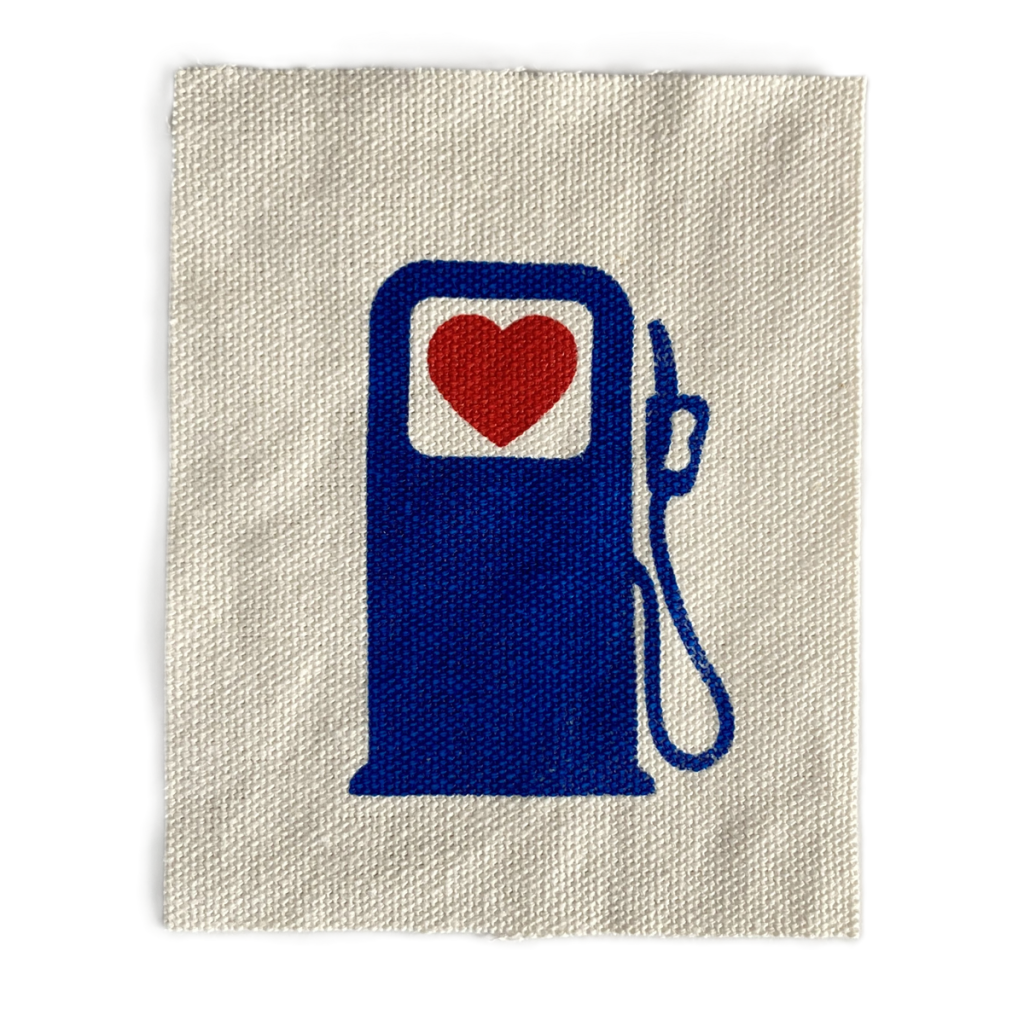Organic Cotton vs. Conventional Cotton: Why It's Time to Switch (and Never Look Back!)
When it comes to making eco-conscious choices in your wardrobe, understanding the difference between organic cotton vs. conventional cotton is essential. Organic cotton is grown without synthetic pesticides and fertilizers, promoting healthier ecosystems. In contrast, conventional cotton farming often relies on these chemicals, which can harm the environment and those working in the fields. This distinction matters, especially when you’re choosing sustainable options for your clothing.
We’re all about making sustainable choices that benefit both the planet and the people. That’s why we use organic cotton in our apparel, ensuring that every piece contributes positively to the environment.

The Benefits of Organic Cotton
Switching to organic cotton brings numerous benefits for both the planet and the people who inhabit it. One of the most significant advantages is the reduction of synthetic pesticides and fertilizers, which are not only harmful to the environment but also to human health. By choosing organic, you’re supporting practices that enhance soil health and biodiversity. For instance, our Love Fuel Logo Tee and Wake Up World t-shirt are made from certified organic cotton. These certifications ensure that our cotton is produced using environmentally friendly practices. Plus, we plant a tree for every shirt sold, reinforcing our commitment to sustainability.However, it’s important to note that organic cotton crops typically yield less than their conventional counterparts. According to estimates, organic cotton produces about 28% less on average, which can lead to higher resource use per unit produced. This trade-off is vital to consider as you make more sustainable fashion choices.
The Quality Debate: Is Organic Cotton Really Better?
A common myth is that organic cotton automatically means better quality. The truth? Organic cotton vs. conventional cotton isn’t necessarily a straightforward comparison when it comes to fabric feel and durability. The quality of cotton is largely determined by the length of its fibers. While organic cotton can sometimes feel rougher due to the shorter staple fibers typically used, there are quality organic options available.
We ensure that our organic cotton shirts are not only sustainable but also comfortable and durable. The high-quality shirts that we use are certified by multiple textile standards, ensuring you get the best of both worlds – sustainability and comfort.


The Environmental Impact of Cotton Production
When evaluating your clothing choices, it’s essential to understand the broader environmental impact of cotton farming. While organic cotton farming minimizes the use of harmful chemicals, it often requires more land and water due to lower yields. This leads to a larger environmental footprint in terms of land and water use. To make informed decisions, always consider the source of your cotton and look for garments that are produced responsibly.
We’re committed to transparency about our materials and production processes. We work with sustainable materials, use water-based inks for printing, and ship our products in sustainable packaging without plastics. Every step of our process is designed to minimize our environmental footprint.
How to Shop Responsibly for Cotton
Becoming a conscious consumer is easier than you think. When shopping for cotton, seek out reputable certifications like GOTS (Global Organic Textile Standard) and OCS (Organic Content Standard). These labels indicate that the cotton has been produced using environmentally friendly practices. Additionally, consider choosing traceable cotton options for maximum transparency about where your clothing comes from. By prioritizing quality over quantity, you can invest in pieces that last, reducing waste in the long run.
Love Fuel is proud that the textiles we use are certified by FairWear, OEKO-TEX Standard 100, and PETA-Approved Vegan. We believe in being open about our practices and values, ensuring you know exactly how your clothes are made and the impact they have on the planet.
Caring for Your Cotton Garments
To prolong the lifespan of your cotton clothing, care is key! Always wash your cotton garments in cold water and air-dry them whenever possible. This not only conserves energy but also helps maintain the integrity of the fabric. When the time comes to part with your cotton pieces, consider donating, recycling, or upcycling them to minimize waste.
Want to learn more about our commitment to sustainability? Check out our transparency page to see how we’re working towards a more sustainable future in fashion.







